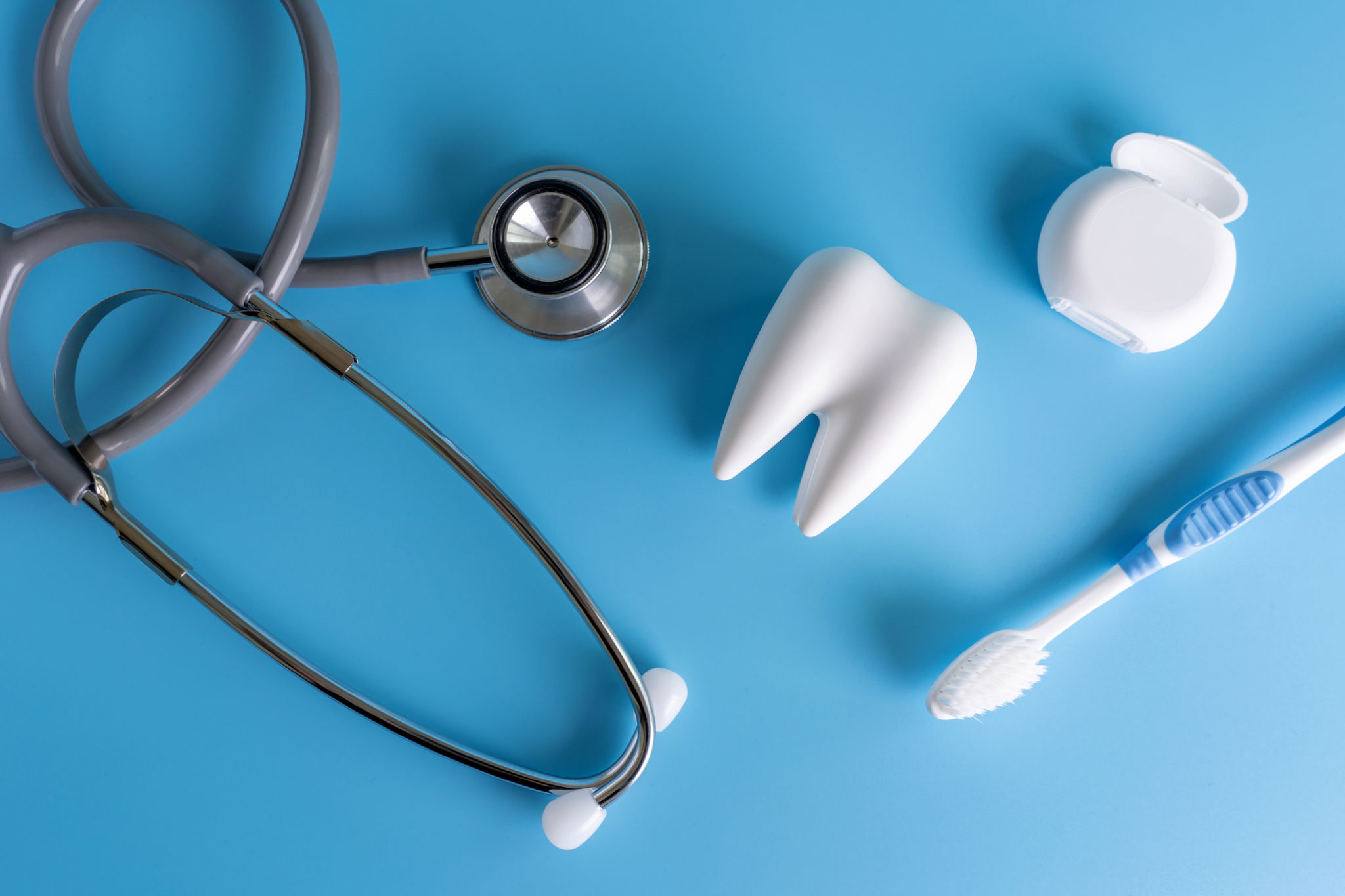Understanding the Impact of Windhoek's Climate on Oral Health
Exploring Windhoek's Unique Climate
Windhoek, the capital city of Namibia, is situated in a semi-arid region characterized by dry and hot conditions. These climatic factors play a significant role in various aspects of daily life, including oral health. Understanding how Windhoek's climate affects oral health can help residents adopt better dental care practices.
The dry air and high temperatures can lead to dehydration, which in turn reduces saliva production. Saliva is crucial in maintaining oral health as it helps neutralize acids produced by bacteria and washes away food particles. A decrease in saliva can result in a higher risk of tooth decay and gum disease.

Impact on Tooth Decay and Gum Health
In Windhoek's climate, the reduced moisture levels can exacerbate oral health issues. Tooth decay is more likely to occur when saliva flow is compromised because saliva helps in the remineralization of tooth enamel. Without adequate saliva, the protective barrier provided by enamel becomes weaker, making teeth more susceptible to cavities.
Gum health is also at risk due to the dry conditions. Gums may become inflamed and more prone to infections. This can lead to gingivitis, which, if left untreated, can progress to periodontitis—a severe form of gum disease that can cause tooth loss.

Hydration: A Key Factor
One effective way to combat the negative effects of Windhoek's climate on oral health is by maintaining proper hydration. Drinking plenty of water not only helps keep the body hydrated but also aids in saliva production. Residents should aim to drink water throughout the day, especially during hot weather.
Moreover, consuming foods with high water content such as fruits and vegetables can also contribute to hydration and support oral health. These foods not only provide moisture but also require chewing, which stimulates saliva flow.
Protective Measures for Oral Health
In addition to staying hydrated, there are several measures individuals can take to protect their oral health amid Windhoek's climate:
- Practice regular oral hygiene by brushing twice a day with fluoride toothpaste.
- Use mouthwash designed to enhance saliva production and protect against bacteria.
- Visit the dentist regularly for check-ups and professional cleanings.

The Role of Diet in Oral Health
A balanced diet plays a crucial role in maintaining oral health. Limiting sugar intake is essential as sugars contribute to tooth decay. Instead, focus on a diet rich in whole grains, lean proteins, and dairy products that provide essential nutrients for strong teeth and gums.
Calcium-rich foods like milk and cheese are particularly beneficial as they help strengthen tooth enamel. Additionally, crunchy fruits and vegetables can act as natural toothbrushes, scrubbing away plaque and stimulating gums.
Conclusion: Adapting to Climate Challenges
Windhoek's climate presents unique challenges for oral health, but with the right knowledge and practices, these can be effectively managed. By prioritizing hydration, maintaining good oral hygiene, and adopting a balanced diet, residents can mitigate the impact of dry conditions on their dental well-being.
Ultimately, understanding the connection between climate and oral health empowers individuals to take proactive steps in preserving their smile's health amidst Windhoek's distinctive environment.
